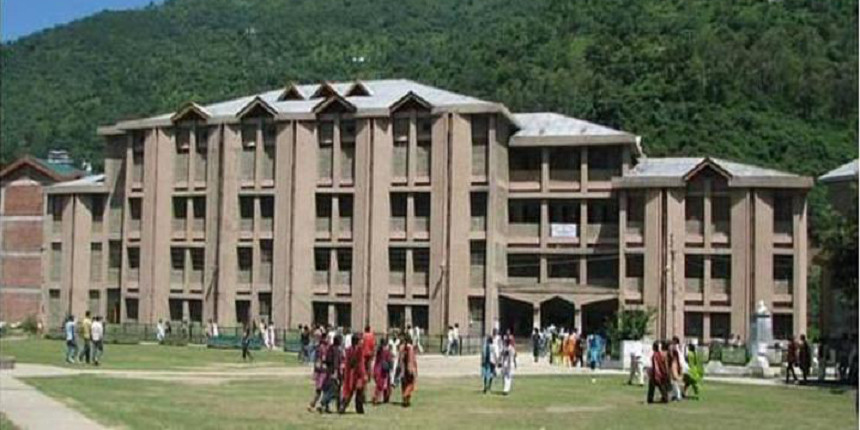IIT Mandi researchers develop algorithms to predict functioning of IC engine of vehicles
Press Trust of India | April 5, 2021 | 04:08 PM IST | 2 mins read
The application of the algorithm can be extended to determine other variables such as the state-of-charge (SoC) in battery-operated vehicles in real-time as well.

NEW DELHI: Researchers at the Indian Institute of Technology (IIT), Mandi, have developed algorithms to predict the functioning of internal combustion (IC) engines in vehicles so their operation can be optimised for maximum fuel efficiency and minimum emissions.
The research in collaboration with Robert Bosch Engineering and Business Solutions Private Limited, Bengaluru, has also been published in the International Journal of Systems Science, Taylor & Francis. The researchers have claimed that the team will help in on-board monitoring and control for IC engines.
The application of the algorithm can be extended to determine other variables such as the state-of-charge (SoC) in battery-operated vehicles in real-time as well. According to the team, IC engines power about 99.8 of global transport. In doing so, it is responsible for about 10 per cent of the world's greenhouse gas emissions. While alternatives, including battery electric vehicles and other fuels like biofuels and hydrogen, are slowly gaining ground, as of now they are often used in conjunction with conventional IC engines.
"At any point in time, the working condition of the engine and other devices and systems inside the vehicle should be precisely known. For this, we need information on several important engine parameters," said Tushar Jain, Assistant Professor, School of Computing and Electrical Engineering. "If information of all relevant parameters were known, then by continuous monitoring and computation, the driver could use the usual manoeuvres such as changing the gear appropriately to improve the vehicle's performance," he added.
Jain explained that while new vehicles out of the assembly line meet many of the requirements, as they age the operational parameters change and the vehicle’s operation becomes less than optimal. "Due to high-frequency moving parts and operating conditions of the engine, it is difficult to place or install the sensors that are available in the market to measure all the key parameters continuously. We have developed a new algorithm for their online estimation, which will be used to develop advanced, sophisticated controllers for better engine performance," he said.
"The proposed algorithm is based on the unscented Kalman filter and recursive least-squares mathematical techniques to accurately estimate engine dynamics and parameters. The team has benchmarked the performance of their methodology by comparing it with that of the state-of-the-art estimation methods," he added. The researchers have estimated spark-ignition engine dynamics, namely the intake manifold pressure, engine speed, and the airflow rate past the throttle, along with the estimation of the engine parameters that determine the said dynamics accurately. "The developed algorithm can be programmed and be a part of the electronic control unit installed in vehicles," he said.
Write to us at news@careers360.com.
Follow us for the latest education news on colleges and universities, admission, courses, exams, research, education policies, study abroad and more..
To get in touch, write to us at news@careers360.com.